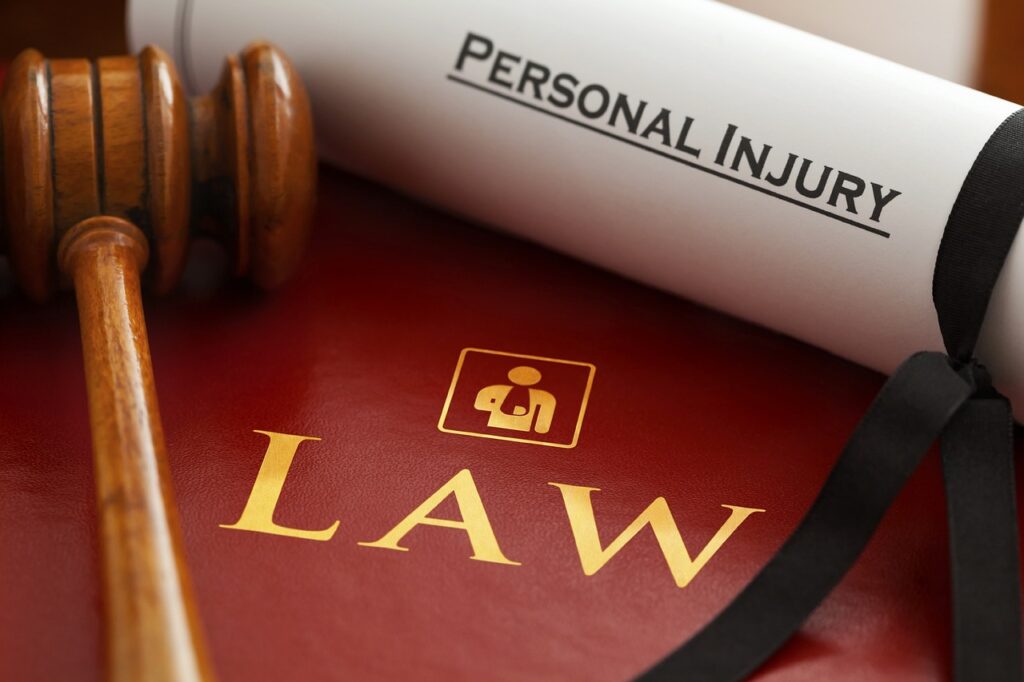In Scotland, like many places across the globe, whiplash injuries remain a prevalent consequence of road traffic accidents. The sudden jolt of a car crash can cause the neck to whip violently forward and backward, leading to what is medically recognized as a whiplash injury. This type of injury primarily affects the muscles, discs, nerves, and tendons in the neck and can manifest a wide range of symptoms, from neck pain and stiffness to more severe neurological issues.
Understanding Whiplash
Whiplash injuries can vary significantly in severity, with symptoms sometimes taking days to appear after the accident. Common symptoms include dizziness, headaches, blurred vision, and in severe cases, memory problems and depression. Due to the nature of the symptoms, which can be delayed, many individuals may not initially realize the extent of their injuries.
Legal and Medical Steps Following a Whiplash Injury
In Scotland, it’s crucial for individuals who have experienced a whiplash injury to seek medical attention promptly. A thorough medical evaluation is essential, not only for health reasons but also to support any potential insurance claims or legal actions. Medical documentation can be pivotal in personal injury claims, especially in cases where compensation for medical expenses, lost earnings, and pain and suffering is pursued.
Insurance Claims in Scotland
Scotland’s legal system allows those injured in road accidents to claim compensation if another party is at fault. It is advised to consult with a solicitor who specializes in personal injury claims, as they can offer guidance through the complexities of legal proceedings and insurance settlements. In Scotland, claimants typically have three years from the date of the accident to make a claim, but starting the process as early as possible is highly recommended.
Rehabilitation and Recovery
Recovery from a whiplash injury can vary; mild cases might resolve within a few weeks, while more severe instances could require months or even longer. Rehabilitation often involves physical therapy, pain management, and, in some cases, psychological support to deal with the trauma of the accident.
Prevention and Safety Measures
To reduce the risk of whiplash injuries, motorists are urged to ensure the headrest in their vehicle is correctly adjusted. A properly adjusted headrest significantly reduces the movement of the head and neck during a crash, thereby decreasing the likelihood of a whiplash injury.
Whiplash injuries from road accidents in Scotland pose a significant issue, impacting many lives each year. Understanding the symptoms, seeking timely medical care, knowing one’s legal rights, and engaging in preventative measures are crucial steps in dealing with this common but serious injury.





